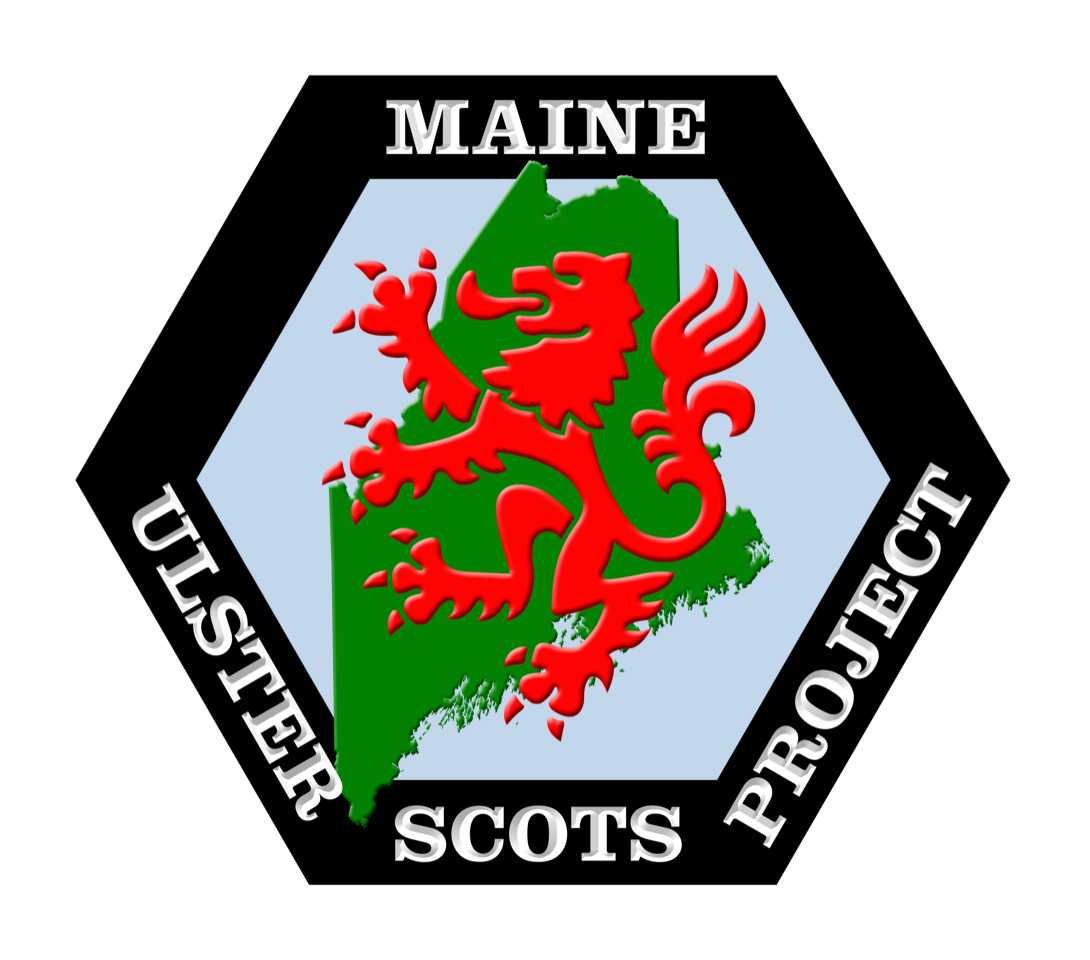The Ulster-Scots ‘Means’ homestead story gets a fresh look.
Page 4 – WHERE TO BEGIN - THE FIRST ARRIVALS ~ John T. Mann, Director MUSP
The MUSP organization includes an active committee of volunteers, led by Historic Archaeologist Pamela Crane. Historic archaeological investigation is used to uncover and share information on Maine’s Ulster-Scots families, how they established themselves in the “Eastern Frontier,” how they adapted to a new environment, and how they lived their daily lives. It was thought that finding an Ulster-Scot homestead established in 1718 and burned out during Dummer’s War in 1722, would afford the opportunity to study the earliest presence of Ulster-Scots’ life in Maine.
MUSP volunteers were able to find and investigate the McFadden homestead on Merrymeeting Bay. The site had been occupied from 1718 until its destruction by fire during the raids of 1722. MUSP spent seven years doing an archaeological dig at the site which culminated in an internationally attended symposium on Ulster-Scots studies in Maine and the book: “1718-2018 Reflections on 300 years of the Scots-Irish in Maine.” (Available at www.maineulsterscots.com and at the Freeport Historical Society).
Archaeological work at the first generation (1718-1722) McFadden family site. From “1718 -2018 Reflections on 300 years of the Scots-Irish in Maine.”


